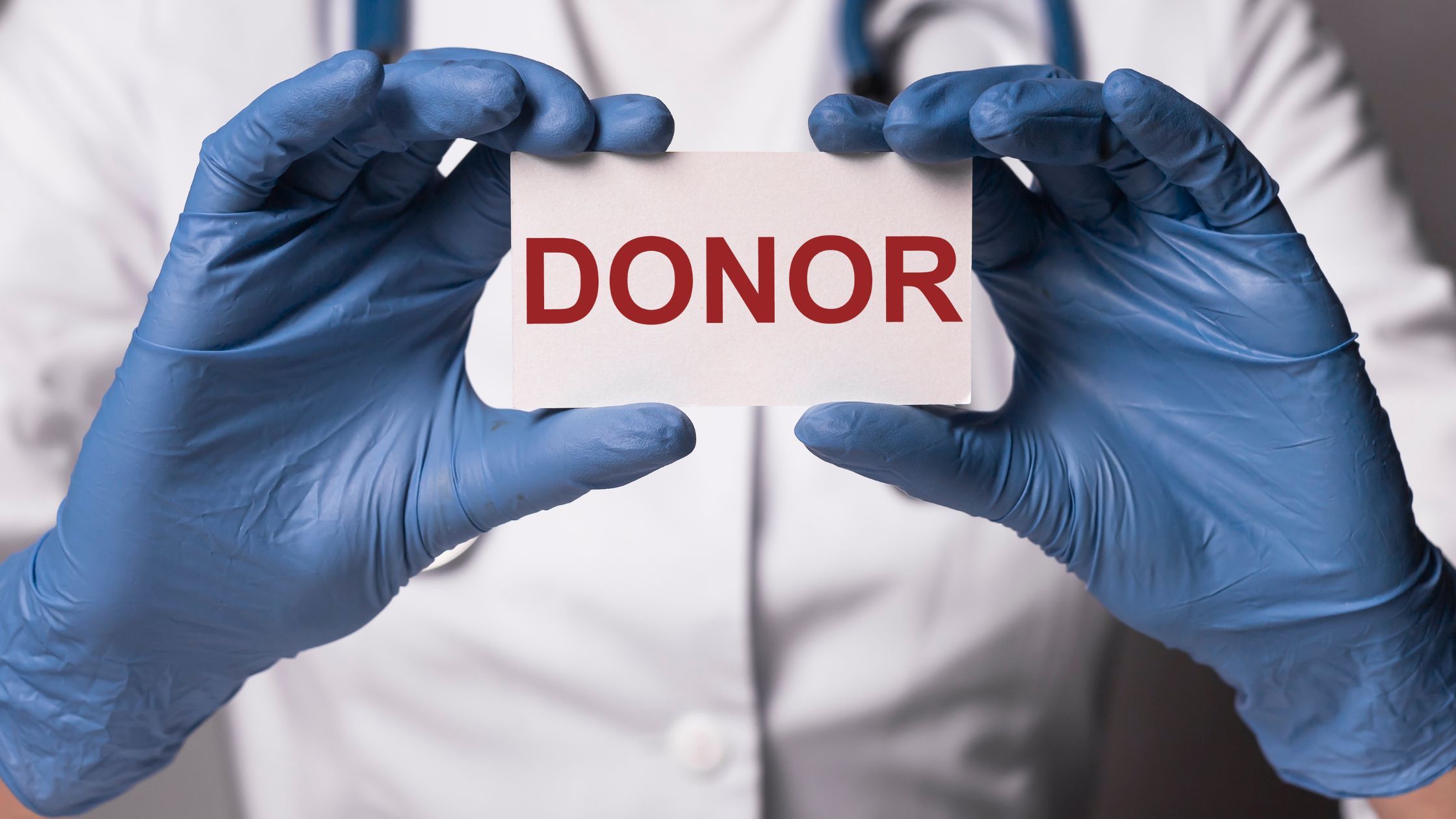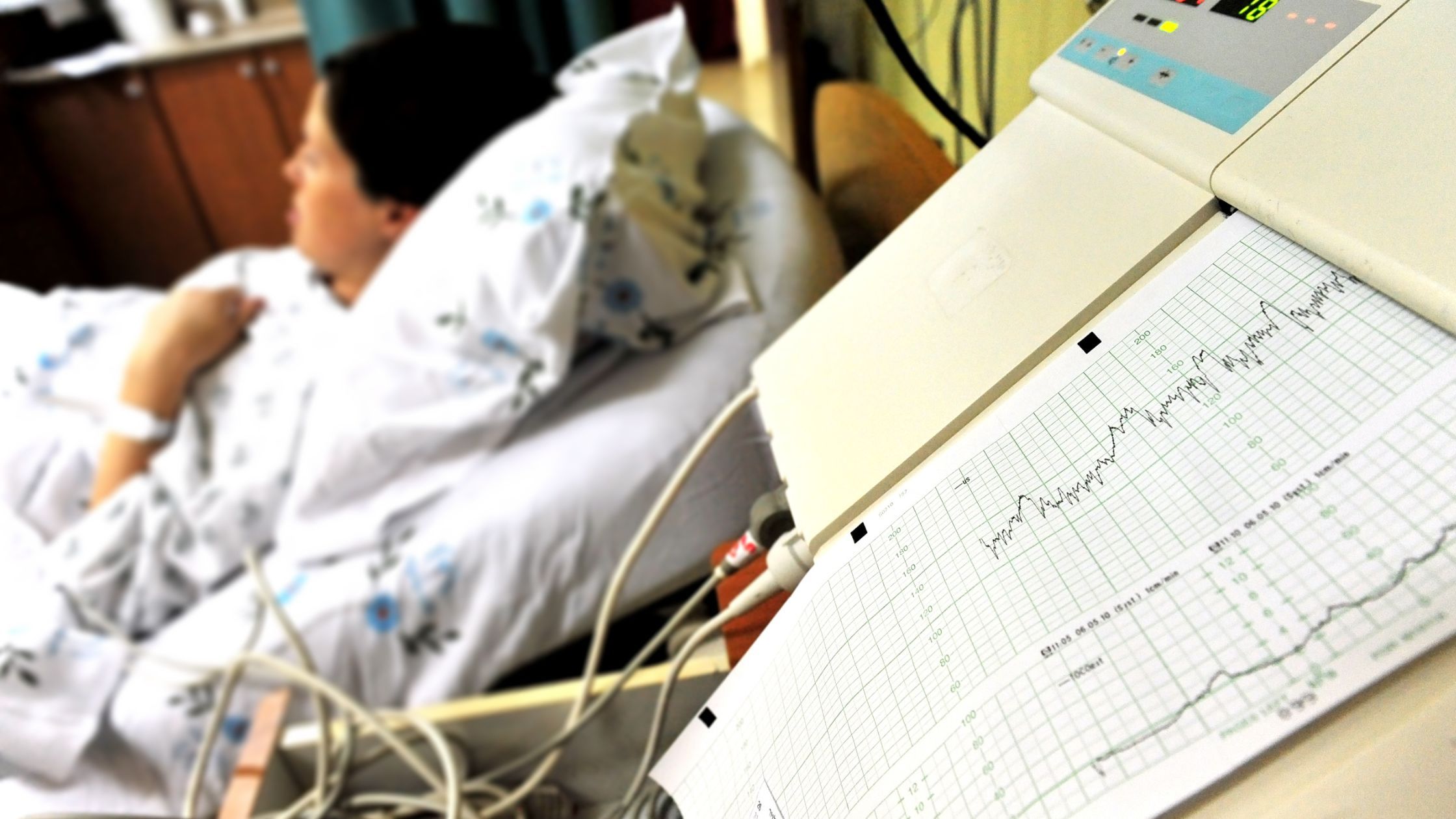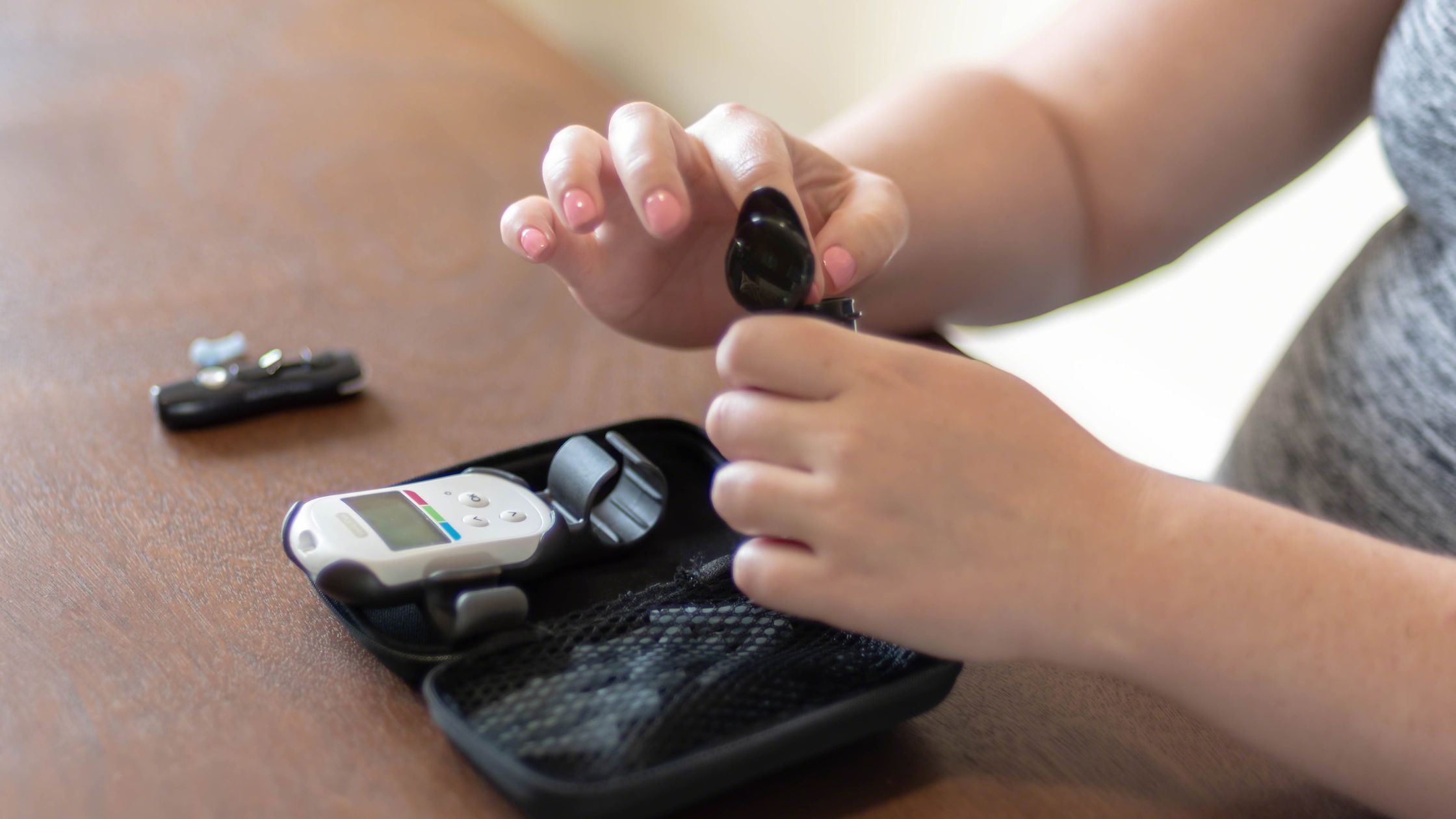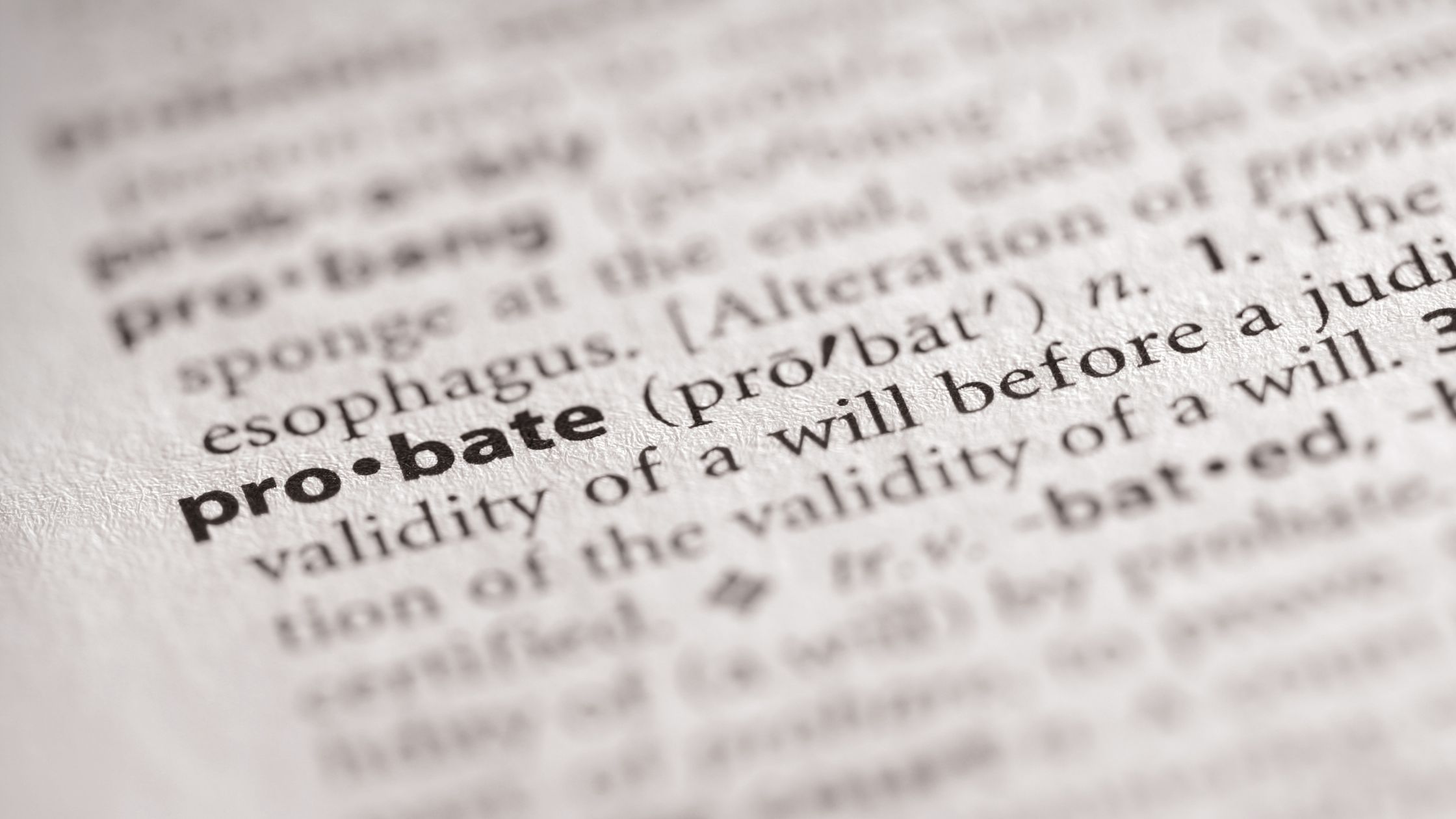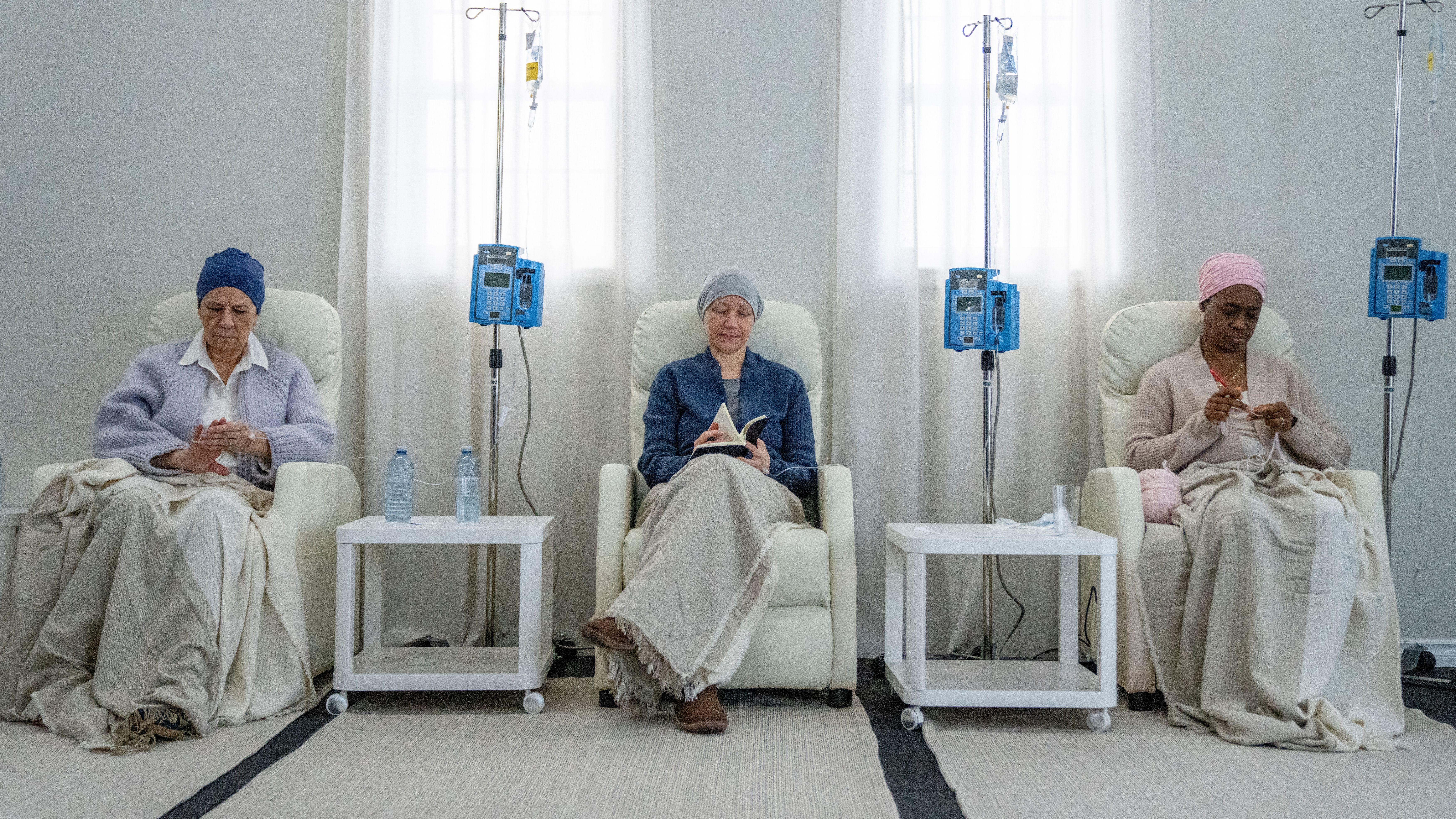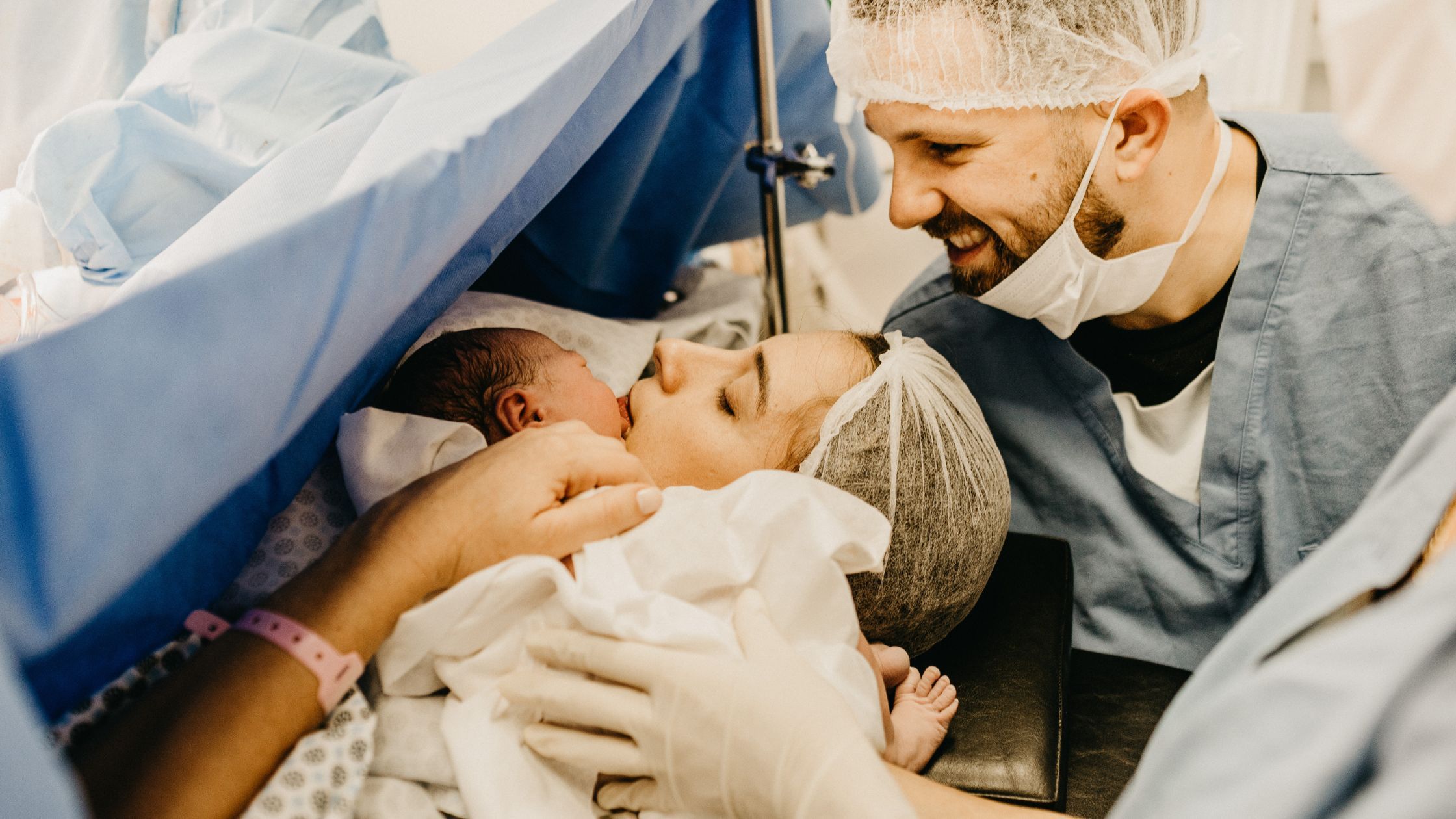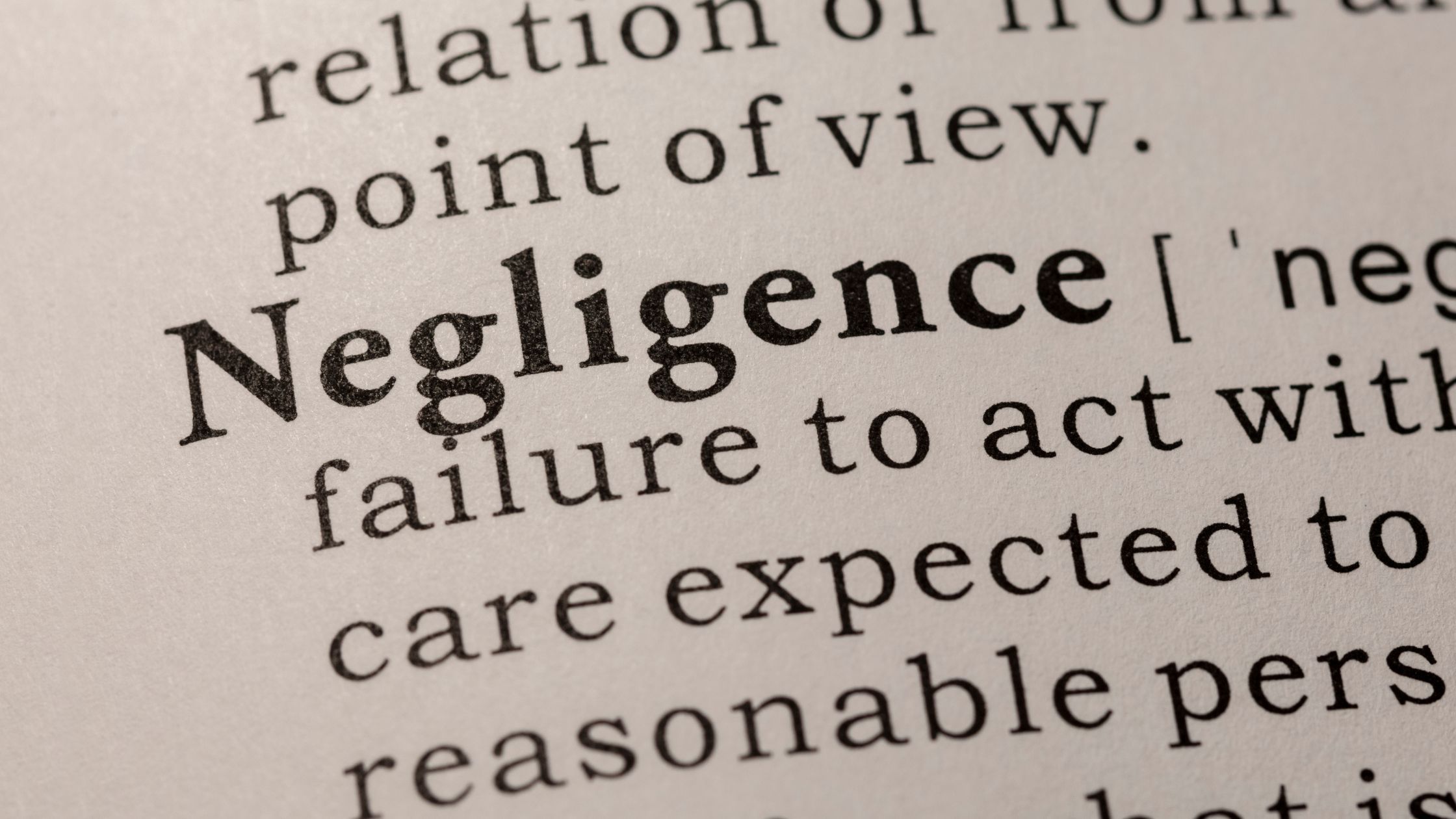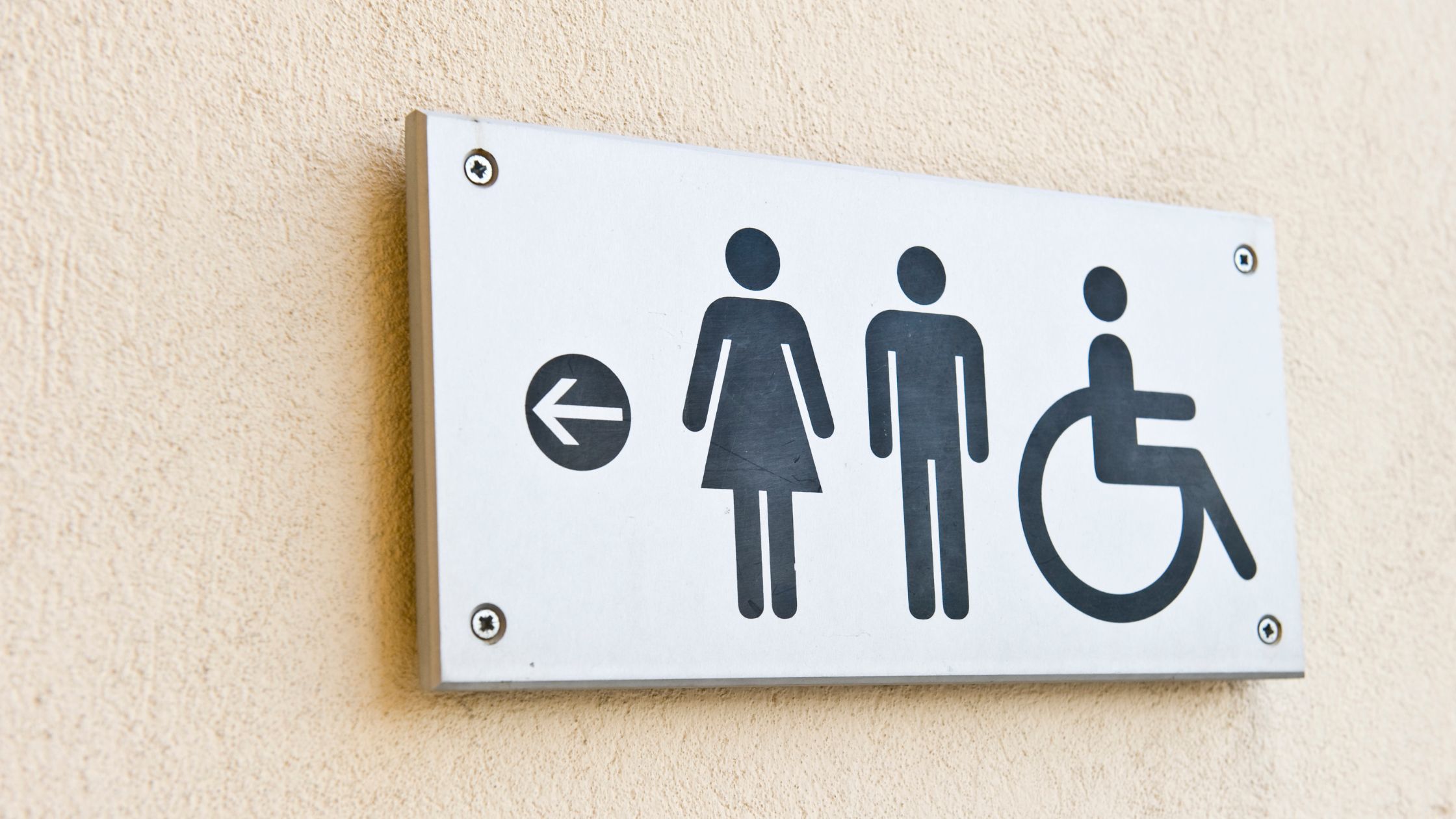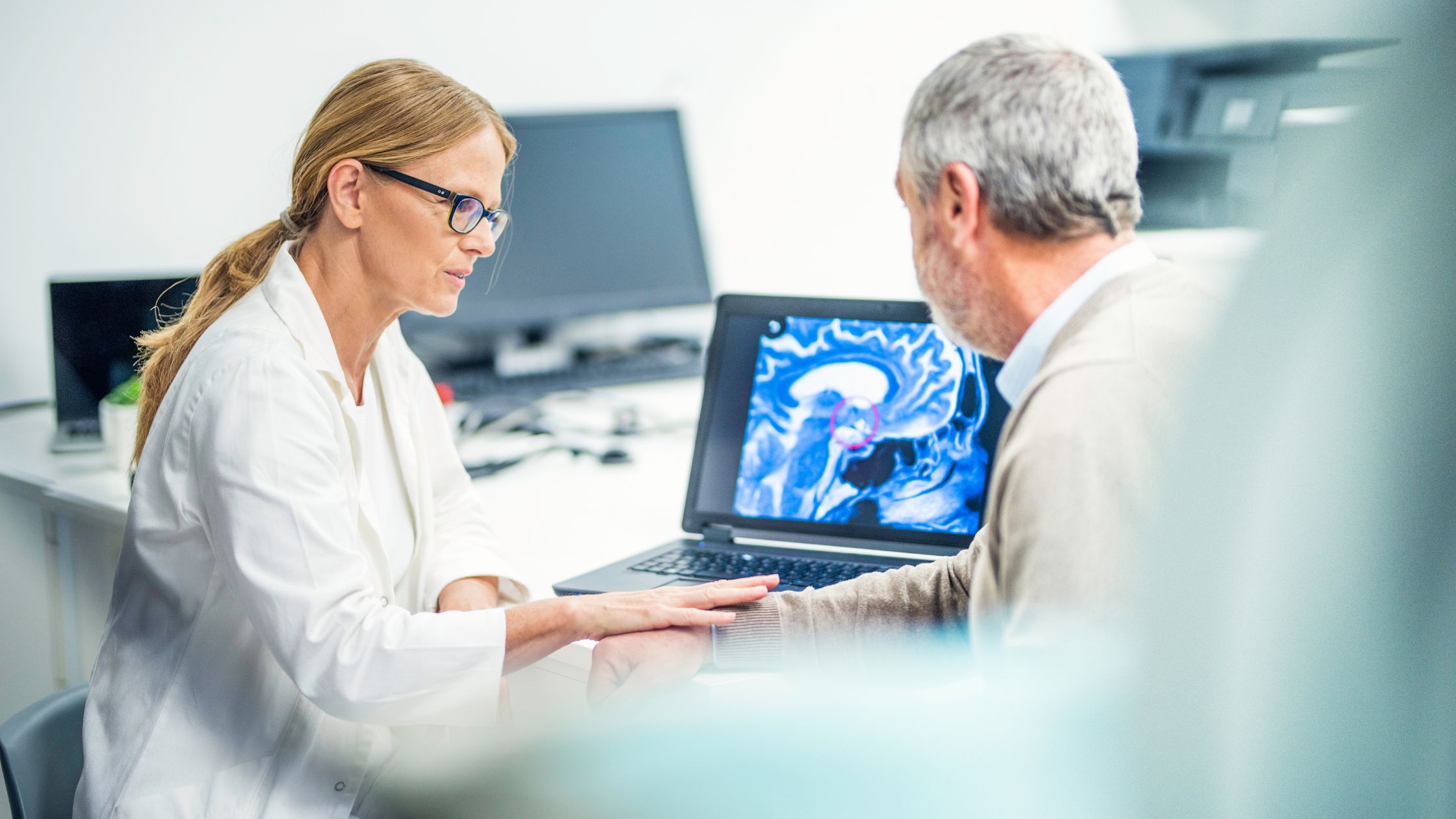Groundbreaking law change
A landmark change in the law on organ donation in Wales means those 18 or over shall automatically become organ donors unless they opt out.
The "revolutionary" approach came into force on Tuesday, the 1st day of December 2015.
Moving forward, those who have lived in Wales for more than 12 months and have not recorded an organ donation decision, medics will act as if they had given approval. This has been coined as "deemed consent".
Organs available will be the same as the "opt-in" method including; kidneys, heart, liver, lungs and pancreas and would go anywhere in the UK not only Wales.
Wales' health minister at the time, Mark Drakeford said: "The latest figures show 14 people died last year in Wales while waiting for a transplant. The change to a soft opt-out system for organ donation will deliver a revolution in consent."
Organ Donation Wales has released statistics showing that 9 out of 10 people support organ donation but only 33% of people in Wales have put their names on the Organ Donor Register. The new law is thus, hoping to achieve a greater number of organ donors thus, in turn, hoping to save more lives.
The law was passed by the National Assembly in July 2013 and given Royal Assent in September 2013.
As a result, state's powers to exercise control over our bodies only continues to grow
Many have concerns regarding "deemed consent". Is it fair to adopt such an assumptive system over our bodies after we have died?
Organ Donation Wales has stated that talks with families of passed loved ones will change as a result of the law. As a result of the law, if a person has not opted out and Organ Donation Wales has said they shall approach families to query as to whether they are aware if a passed loved one had wishes to not to become an organ donor. However, such conversation shall now commence on the assumption that organ donation was intended.
This is an extremely broad-brush approach. It seems to almost take for granted sectors of the public, such as those who die without family, those who are not aware of the new law or those who may not get round to doing anything about it. It is not safe to assume that organ donation is a topic discussed by all. This cannot be considered true consent and such people cannot be considered true donors.
Throughout our lives, we exercise control over our bodies. The law requires informed consent before any medical procedures are performed on us. As a result of the change in law, such standards after death are continuing to deplete.
In his blog "Learned Friend", Nigel Poole QC argues that presumed consent is not consistent with informed autonomy. Mr Poole asserts that the new law relies on ignorance and apathy to make more organs available and sets an example of the State presuming our consent in medical situations whilst we are living.
Whilst there are few rational arguments against presumed consent, the truth is that most do care about what happens to their bodies after death and most thus want the autonomy to decide.
Presumed consent is not consistent with informed consent.
The motive behind the new law must be applauded but has such a decision been made in haste?
Much research has been carried out to increase organ donors in an attempt to save more lives.
All research calls for the rules surrounding organ donation to change. But has Wales gone the wrong way about it?
For instance, research has found that current rules deem certain types of deaths not appropriate for organ donation. Organ Donation Wales states that just less than 10% of people in Wales die in a way that allows organ donation to take place. Rather than imposing the boundaries on autonomy, changes should be brought in to tackle these statistics.
Researchers studied national guidelines published by the Academy of Medical Royal Colleges and found that rules state that "brainstem deaths" are not reliable enough to be counted as an official cause of death. This is despite the measure being used in numerous other European countries, the USA, New Zealand and Australia, as an official cause of death, which essentially means that, if a parent permits, their organs can be donated to other newborns with a better chance of survival. Research found that 54 percent of infants involved in a study that died after a neurological shutdown, could have been eligible for organ donation but rules meant they were not allowed to be considered for this procedure.
Conclusion
There is no evidence to show presumed consent achieves a higher number of organ donors. Some countries with presumed consent, such as Sweden, have low donation rates. However, Spain, which also has presumed consent, has had the highest rates for the past 20 years yet, no confirmation has been provided to show what makes Spain's system of organ donation so successful. Presumed consent does thus seem objectionable. Imagine presumed consent being applied to the living.

